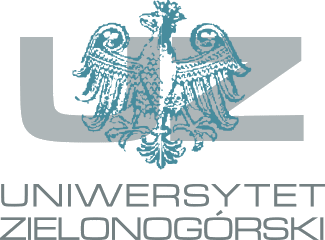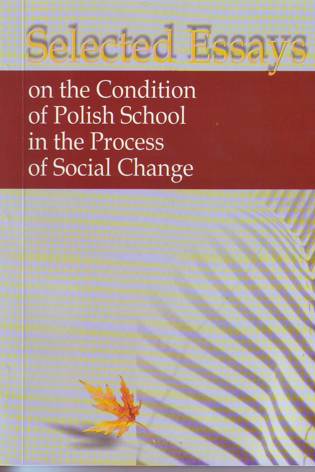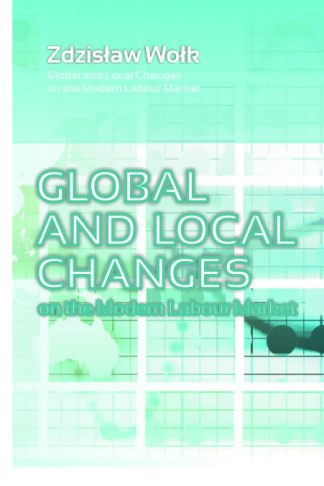Opis
Structural transformation inevitably leads to corresponding social changes, particularly apparent in the system of education. The changes are effected both by governmental structures inexorably willing to exercise control over educational processes, and by the reąuirements of pupils, parents and teachers.
A holistic analysis of the system of education reveals its character, prominent features, as well as the directions and the pace of its development. How-ever, it may also reveal the limitations instituted by particular expectations towards the outcome of every mid-stage of the process. It also becomes apparent that the character of the process in Poland’s educational system bears striking similarities to other systems in the spheres of social values, promotion of ideas and organizational solutions.
The fifteen or so years of economic development applied after political transformation constitute a representative period for liable estimation of results and achievements. Such assessment reąuires at least two reference points: the situation at the start and the situation in other countries undergoing the same processes.
Yet, however valuable and reliable the estimation may be, it may notsuffice for the unfailing analyses of pedagogical value, governed in the eyes of a pedagogue by its individual dimension. Therefore, the intentions, the form and the scope of social conceptions will always, in result, affect the individual child, youth or adult submerged in institutionalized formations. Conseąuently, it is the individual attitudes, personalities or simply values, shaped according to socially accepted directions, that will constitute the real outcome of the transformational process.







